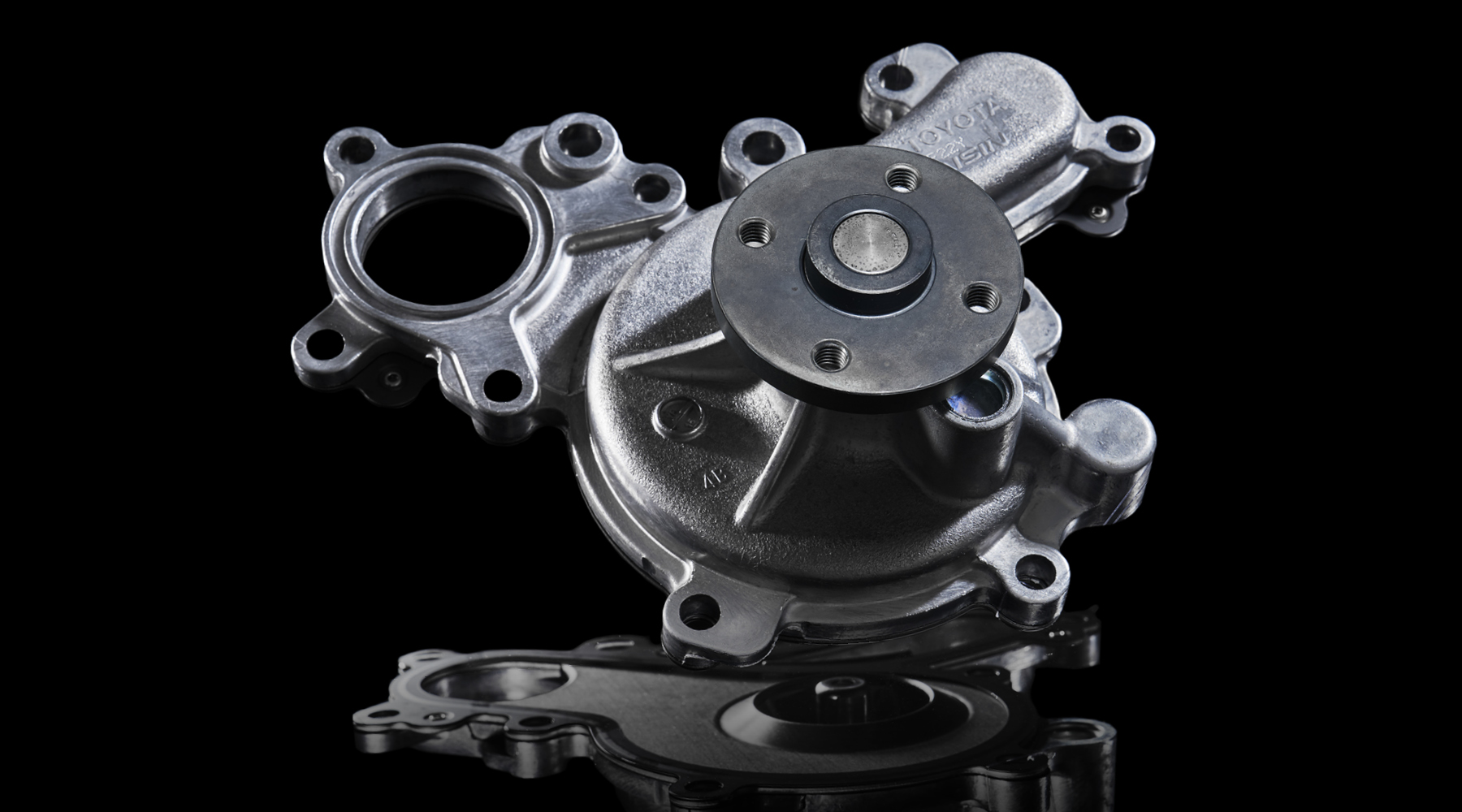Car Water Pump Maintenance: Keep Your Engine Running Smoothly

Your car's water pump is an essential component in your engine's cooling system. It's responsible for circulating coolant throughout the engine to dissipate the heat generated by the combustion process. A malfunctioning water pump can lead to engine overheating and potentially costly repairs.
To prevent such issues, it's essential to perform routine maintenance on your car's water pump. In this blog, we'll discuss the importance of proper water pump maintenance and how to keep your engine running smoothly.
Understanding Your Car's Water Pump
Your car's water pump is responsible for moving coolant from the radiator to the engine and back again. It's typically located at the front of the engine, driven by a belt connected to the crankshaft. Most water pumps have an impeller that's mounted on a shaft and spins inside a curved housing. As the impeller rotates, it creates a flow of coolant through the engine, which helps to dissipate heat.
Signs of a Malfunctioning Water Pump
A malfunctioning water pump can lead to engine overheating, which can cause serious damage if left unchecked. Some common signs of a failing water pump include:
- Engine overheating
- Coolant leaks
- Unusual noises coming from the pump
- Rust or corrosion on the pump housing
- A broken or loose belt
If you notice any of these signs, it's essential to have your car's water pump inspected as soon as possible.
Routine Water Pump Maintenance
Preventative water pump maintenance is key to keeping your engine running smoothly and avoiding costly repairs. Here are some tips for maintaining your car's water pump:
- Check the belt: The belt that drives the water pump can become worn or damaged over time. It's essential to check it periodically to ensure it's in good condition. If you notice any fraying, cracking, or other signs of wear, it's time to replace the belt.
- Inspect the pump housing: Look for signs of rust or corrosion on the pump housing. If you notice any, it's a sign that the pump may be nearing the end of its life and should be replaced.
- Check for leaks: Inspect the pump and surrounding hoses for signs of coolant leaks. If you notice any, it's essential to have the leak repaired immediately to prevent engine damage.
- Flush the coolant: Over time, coolant can become contaminated with rust, debris, or other contaminants, which can damage the water pump and other engine components. Flushing the coolant on schedule can help prevent this from happening.
In addition to these routine maintenance tasks, it's essential to have your car's water pump inspected by a qualified mechanic on a regular basis. A trained mechanic can spot early signs of wear or damage and make any necessary repairs before they become more serious and costly.
Final Thoughts
Proper water pump maintenance is critical to keeping your engine running smoothly and avoiding costly repairs. By following the tips discussed in this blog, you can help ensure the longevity and reliability of your car's water pump and the engine it serves.
If you notice any signs of a failing water pump, don't hesitate to have it inspected by a qualified mechanic. Early detection and repair can save you time, money, and headaches down the road.
By following these tips and performing routine water pump maintenance, you can keep your car's engine running smoothly for years to come.